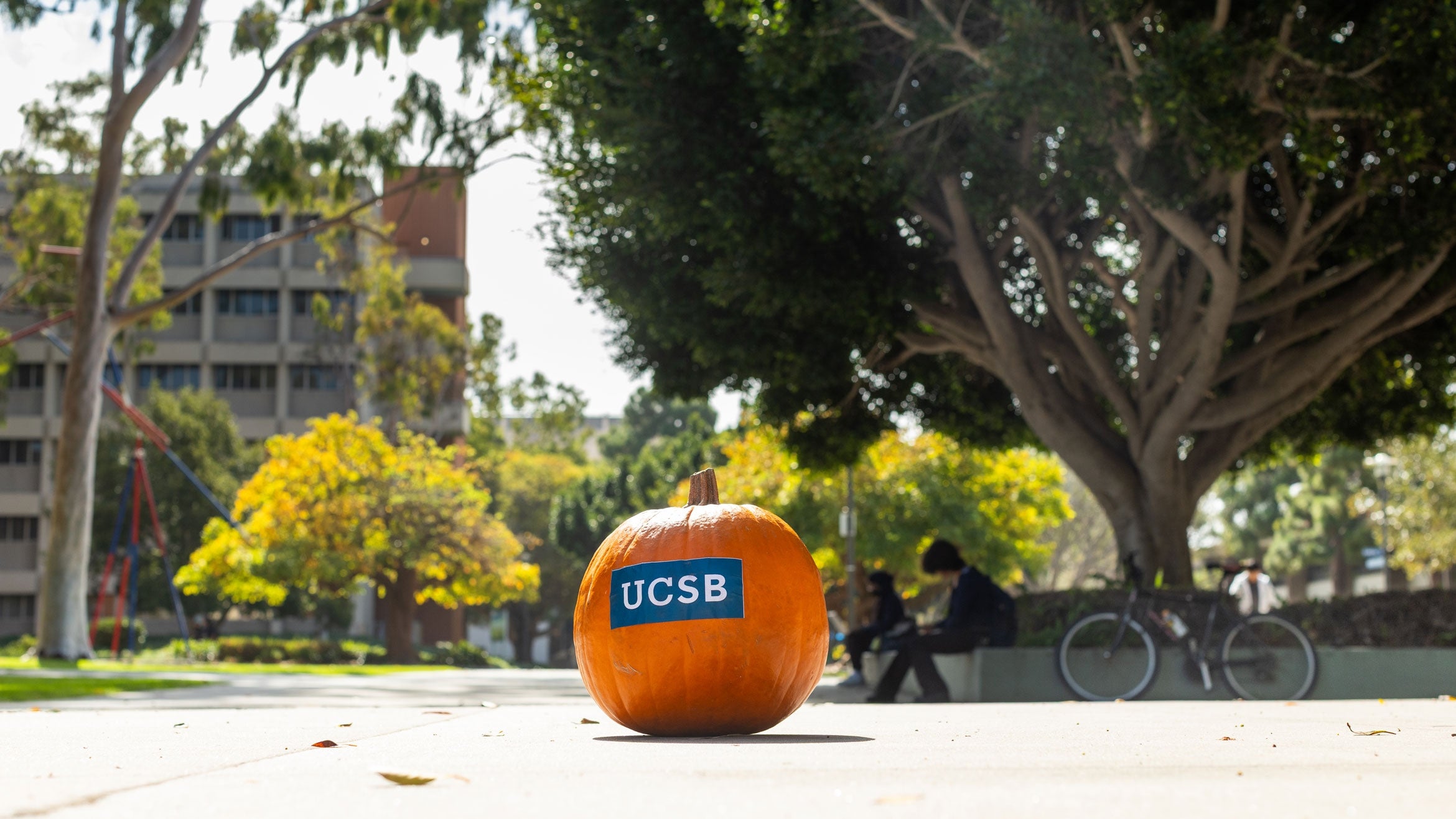Six research programs based at UC Santa Barbara have received awards in the 2009 University of California Multi-Campus Research Programs and Initiatives (MRPI) competition.
There were a total of 28 MRPI award grants, with UCSB receiving the most of any UC campus. The leadership for the six programs will be based at UCSB, though the research will also be conducted at many of the UC campuses.
According to Michael Witherell, UCSB's vice chancellor for research, UC received a total of 139 proposals for MRPI grants.
"We're very pleased that UCSB faculty members led so many successful proposals in this intensely competitive environment, and that those proposals cover such a wide range of disciplines," Witherell said. "It really shows the influence of our researchers, both in the University of California and around the world."
In addition, David Marshall, dean of the Department of Humanities and Fine Arts and executive dean of UCSB's College of Letters & Science, will be the principal investigator for a special project based at UC Irvine. Marshall, who is chair of the UC President's Advisory Committee on Research in the Humanities, submitted this proposal for the UC Humanities Network on behalf of the committee, so all of the UC humanities deans will serve as co-principal investigators. The Humanities Network is administered out of the UC Humanities Research Initiative, which is located on the Irvine campus.
"The UC Humanities Network will support the individual and collaborative research of faculty, as well as the work of exceptional graduate students, in an interdisciplinary network of campus-based humanities centers, multi-campus research groups, and the UC Humanities Research Institute," Marshall said. "Leveraging the collective and collaborative strengths of our ten campuses, the Humanities Network will situate the humanities at the crossroads of important disciplinary and interdisciplinary debates, while promoting knowledge, discovery, and modes of understanding crucial to California and its local and global communities."
The UCSB proposals were in six areas: arts and humanities, biological and health sciences, critical California issues, emerging science and technology, international and area studies, and social and behavioral sciences.
The following UCSB programs received grants:
· UC Institute for Research in the Arts, directed by Kim Yasuda, professor of art. Over the next five years, UCIRA will develop three key initiatives: Social Ecologies, or California-centric embedded arts research; Social Technologies, new models of value exchange; and Integrative Methodologies, renegotiating the art/science paradigm.
· Transliteracies, directed by Alan Liu, professor of English. The goal of this group is to make the UC system a leader in collaborative humanities/social science/engineering research into information technology by bringing together faculty and graduate students
to advance research into "online reading," with a focus on "social computing" technologies.
· Italian Studies, directed by Jon Snyder, chair of French and Italian. This group seeks to establish an interdisciplinary research group, which will work on two high-visibility projects, including production and publication of a new electronic journal, California Italian Studies, and the ongoing development of a web portal for digital Italian Studies research and pedagogy.
· New Racial Studies in the Age of Obama, directed by Howard Winant, professor of sociology. This MRPI will be a network that links race-oriented UC scholarship through five working groups based at various campuses: Race-Making, Race-Neutrality, and Race Consciousness; The Nation and its Peoples: Citizens, Denizens, Migrants; Race/Gender/Class Intersectionality; The Racial State: Democratic and Despotic Dimensions; and Global Raciality, Empire, Post-Coloniality, and Identity on the World Stage.
· Ocean Acidification, directed by Gretchen Hofmann, professor in the Department of Ecology, Evolution & Marine Biology. The goal of this group is to form a multidisciplinary collaboration to study ocean acidification and its impacts on the coastal marine ecosystems of California.
· UC Educational Evaluation Center, directed by John Yun, associate professor of education. Yun's group will be dedicated to harnessing the content and methodological expertise of the UC system for the purpose of improving the evaluation of educational practices in California, within the UC system and nationally.
Three of these are existing programs –– UC Institute for Research in the Arts, Transliteracies, and Italian Studies –– while the other three are new programs.



